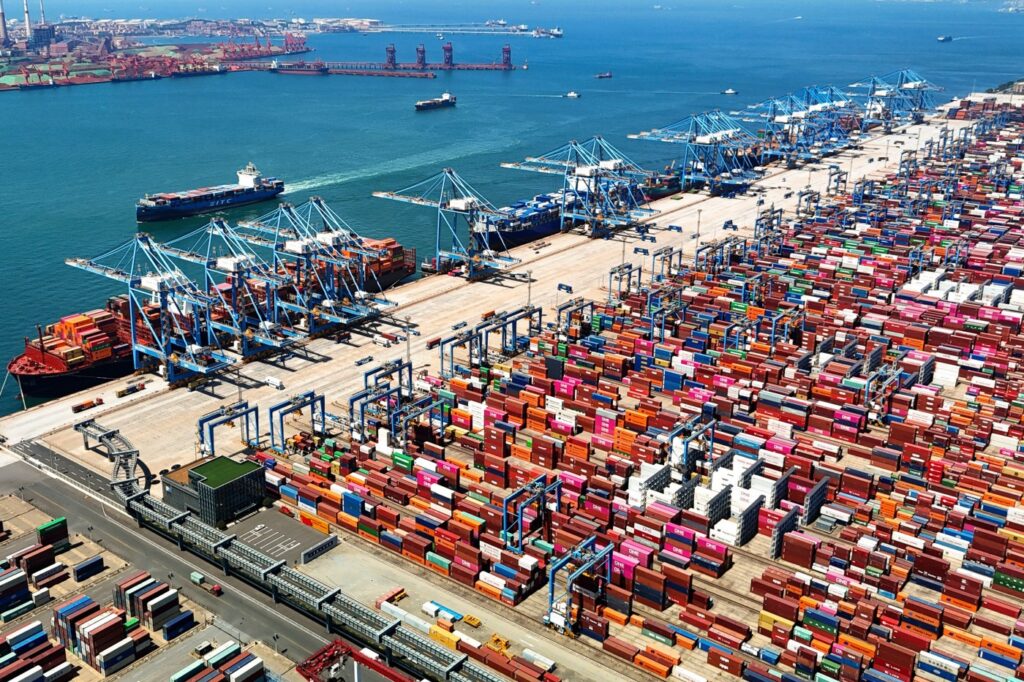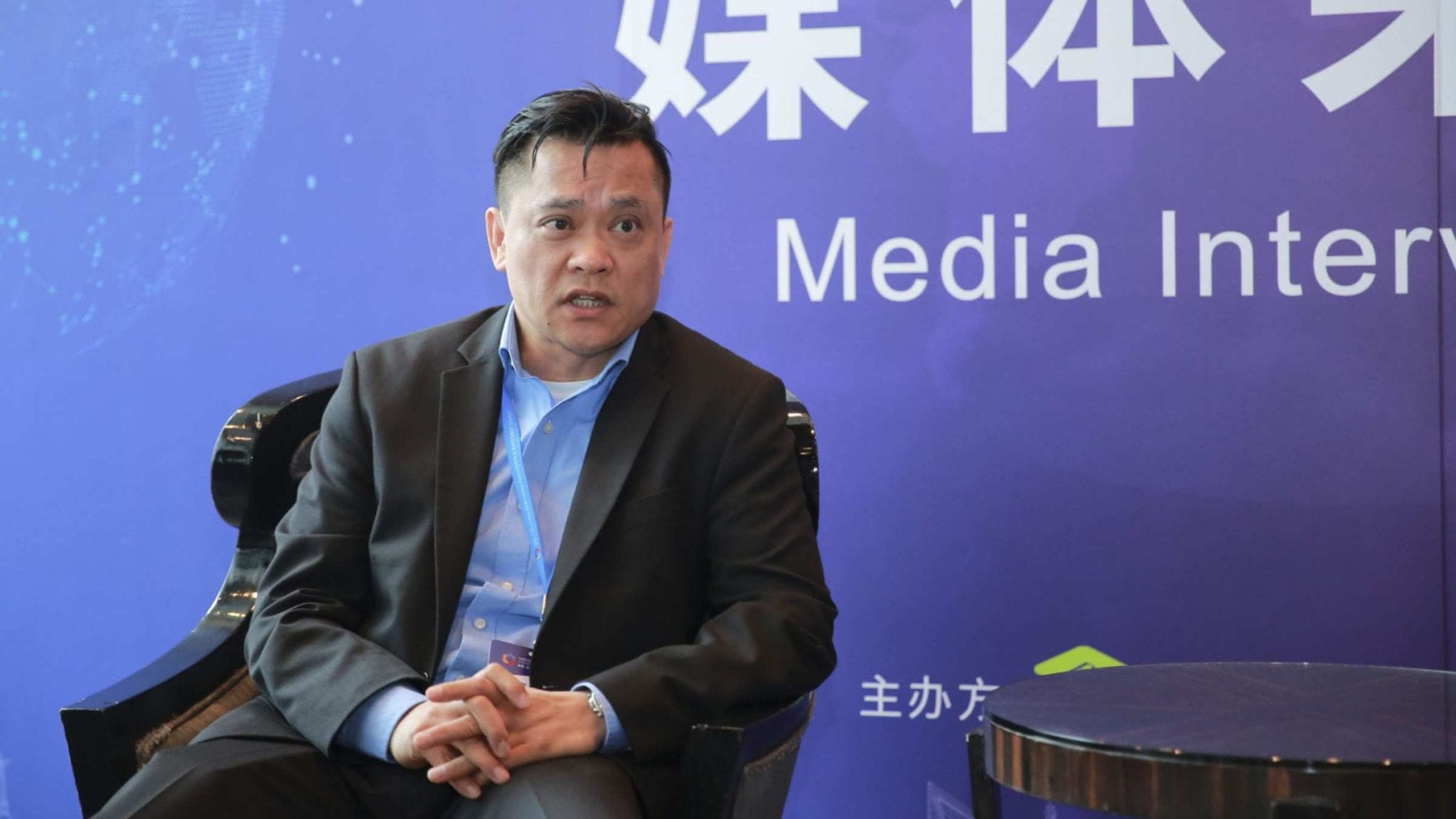
China has firmly rejected the threat of a 100% tariff imposed by President Donald Trump, urging the United States to resolve trade disputes through negotiation rather than intimidation. This response comes as tensions escalate between the two nations, following Trump’s announcement of potential tariffs on Chinese imports scheduled to take effect on November 1, 2023.
In a statement released by the U.S. Commerce Ministry, China expressed its reluctance to engage in a tariff war but emphasized that it would not shy away from one if provoked. “We do not want a tariff war but we are not afraid of one,” the statement read. This marks China’s first official comment on the proposed tariffs, which Trump has threatened in retaliation for new Chinese restrictions on the export of rare earth minerals, crucial for numerous consumer and military technologies.
The ongoing back-and-forth has implications for a potential meeting between Trump and Chinese President Xi Jinping, raising concerns about the fragile truce in a trade conflict that saw tariffs from both countries briefly exceed 100% earlier this year.
On the U.S. side, Vice President JD Vance defended Trump’s tariff strategy, suggesting that it was necessary to protect American economic interests. He highlighted that China’s significant control over critical supplies in the U.S. constitutes a national emergency justifying stringent tariffs. “If they respond in a highly aggressive manner, I guarantee you the president of the United States has far more cards than the People’s Republic of China,” Vance stated during an interview on Fox News Channel’s “Sunday Morning Futures.”
Vance added that the future of trade relations would heavily depend on China’s response. He expressed hope that China would opt for reasoned dialogue rather than aggression, reiterating Trump’s willingness to negotiate if approached reasonably.
Trump’s administration has sought to increase tariffs on various trading partners since taking office in January 2021, aiming to extract concessions. China has remained particularly resistant, leveraging its economic influence to counter U.S. demands.
China’s Commerce Ministry criticized the U.S. approach, asserting that threats of high tariffs are counterproductive to fostering positive relations. “Frequently resorting to the threat of high tariffs is not the correct way to get along with China,” the ministry stated. Furthermore, the report indicated that if the U.S. persists in imposing tariffs, China would take necessary measures to protect its legitimate rights and interests.
In addition to the proposed tariffs, Trump has threatened export controls on what he describes as “critical software,” yet specifics have not been detailed. Both nations accuse each other of violating the terms of the trade truce, with Trump asserting that China has become increasingly hostile and is using its control over rare earth metals to hold the global market hostage.
The Chinese Commerce Ministry noted that the U.S. has recently expanded restrictions on Chinese companies, complicating trade dynamics. On rare earth minerals, the ministry stated that export licenses would only be granted for legitimate civilian uses, acknowledging their military applications as well. New regulations require foreign companies to obtain Chinese government approval to export items containing rare earths from China, regardless of manufacturing location.
China dominates the global rare earth market, accounting for nearly 70% of mining and controlling about 90% of processing. These minerals are essential for a wide array of products, including electric vehicles, jet engines, and consumer electronics. Consequently, the impact of China’s export controls extends beyond U.S. manufacturers, affecting European and other international companies as well.
In a reciprocal measure, China announced that it would impose port fees on American ships in response to new U.S. port fees affecting Chinese vessels, further escalating tensions. As both nations navigate these complicated trade waters, the global economy remains in a precarious position, awaiting further developments in U.S.-China relations.







